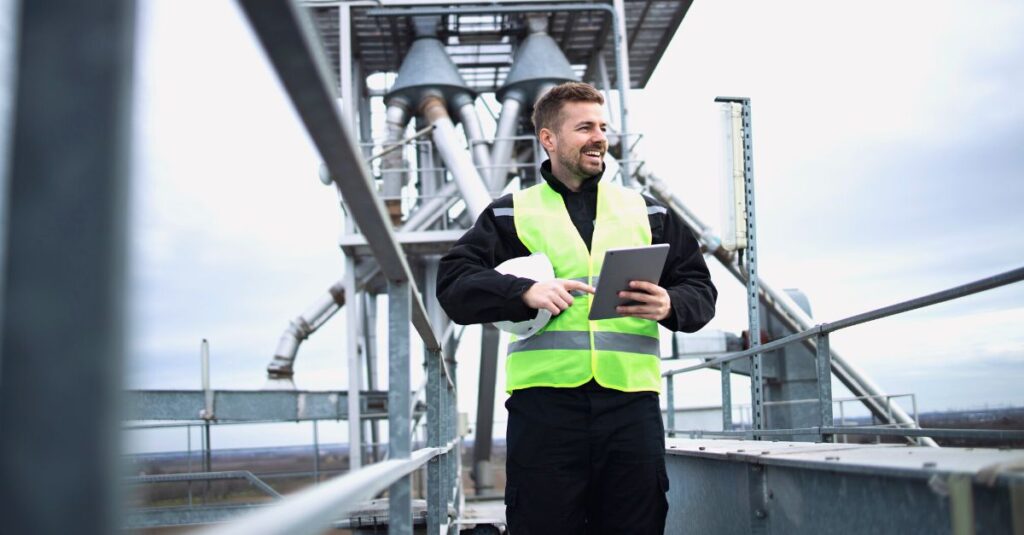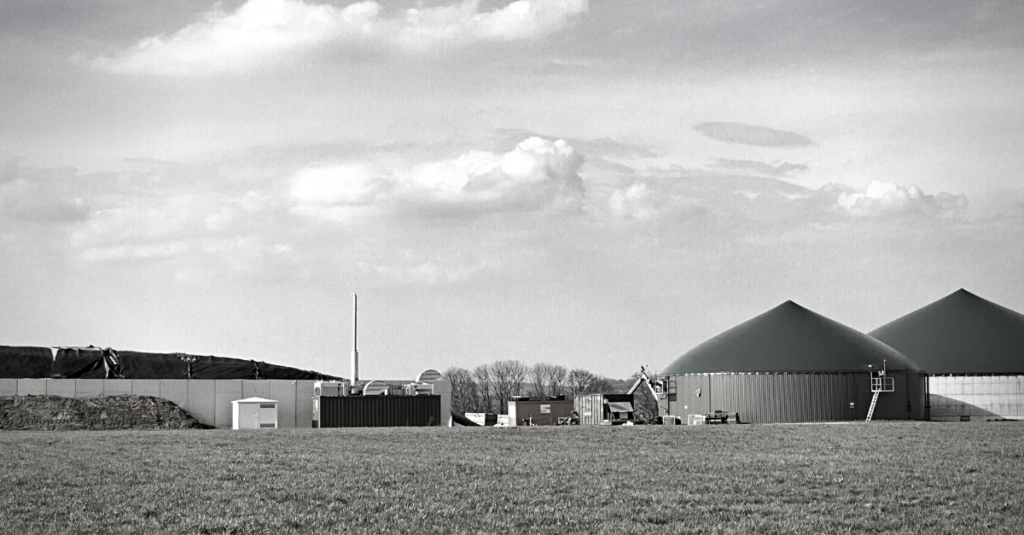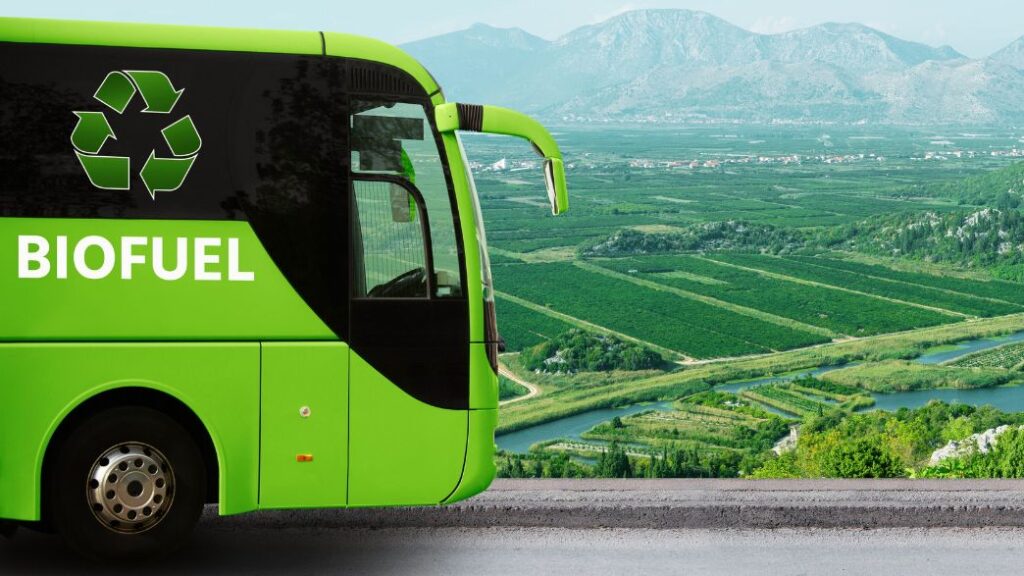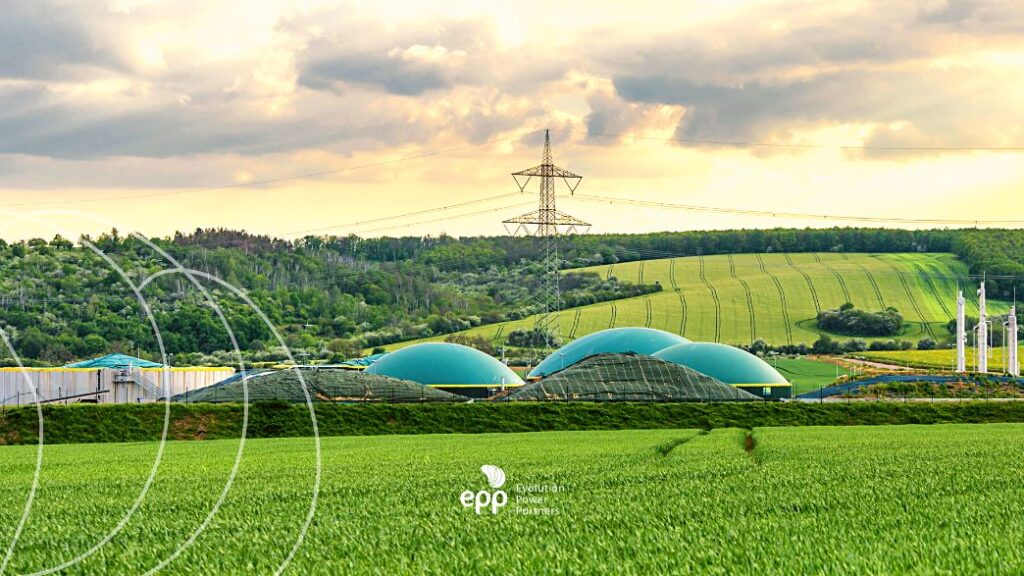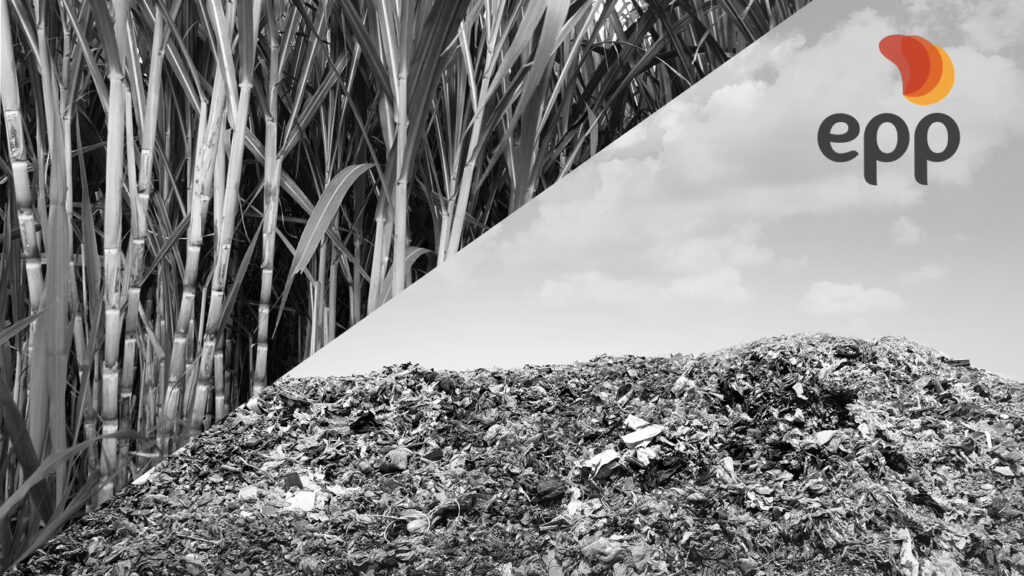What can be expected from the biogas market in 2023? The biogas sector is one of the most promising in the world energy sector and plays a key role in the economy of many countries. According to the International Energy Agency, biogas generation grew by around 20% between 2004 and 2017, and the trend is expected to continue in the coming years.
As there is no exclusive regulation for biogas and biomethane, historically, the Brazilian regulations that govern these markets have more connection with other fuels, such as ethanol and biodiesel than with natural gas. This occurred because the laws that dealt with gas dealt only with natural gas of fossil origin, excluding other sources.
